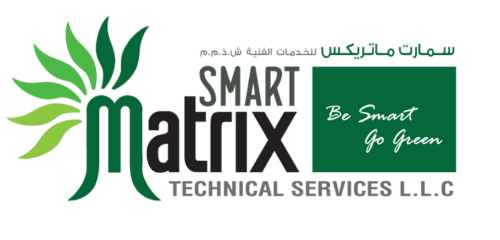"Smart IoT: Revolutionizing Our Connected World"
In today's rapidly evolving technological landscape, the Internet of Things (IoT) has emerged as a game-changer, transforming how we interact with the world around us. Smart IoT, in particular, is taking this revolution to new heights, making our lives more convenient, efficient, and sustainable. In this blog, we'll explore the world of Smart IoT and how it's reshaping our connected world.
Understanding Smart IoT
Before diving into the marvels of Smart IoT, let's first grasp the basics of IoT. The Internet of Things refers to the interconnectedness of everyday objects and devices through the internet, enabling them to collect and exchange data. Think of your smart thermostat, fitness tracker, or even your connected refrigerator. These devices gather information, communicate with each other, and often make decisions autonomously.
Smart IoT takes this concept further by infusing intelligence and automation into the mix. It's not just about connecting devices; it's about making them smarter and more responsive to our needs.
Transforming Our Homes
One of the most noticeable impacts of Smart IoT is within our homes. Smart thermostats adjust the temperature to our preferences, saving energy and reducing bills. Voice-activated assistants like Alexa or Google Assistant control lights, play music, and answer questions with a simple command. Even our refrigerators can keep track of groceries and send us reminders to restock.
Home security has also seen significant improvements. Smart cameras and doorbells allow us to monitor our homes remotely and receive alerts in real-time, enhancing our peace of mind.
Enhancing Our Health and Well-being
Smart IoT extends its influence to the healthcare sector, enabling remote monitoring of patients. Wearable devices track our vital signs, and smart pill dispensers send reminders for medication. Healthcare providers can access real-time patient data, making diagnosis and treatment more precise and timely.
Enabling Smart Cities
In the realm of urban development, Smart IoT plays a pivotal role in creating smart cities. Sensors in parking lots detect available spaces, reducing traffic congestion. Waste management systems optimize collection routes, minimizing environmental impact. Traffic lights adapt in real-time to reduce bottlenecks, saving time and fuel.
Boosting Industrial Efficiency
Smart IoT isn't limited to our homes and cities; it's transforming industries as well. In manufacturing, sensors on machinery can predict maintenance needs, reducing downtime and operational costs. Agriculture benefits from IoT-enabled precision farming, optimizing water usage and crop yields.
Challenges and Considerations
While the potential of Smart IoT is undeniable, it's essential to address the challenges it presents. Privacy and security concerns demand robust measures to protect sensitive data. Interoperability issues must be resolved to ensure that devices from different manufacturers can work seamlessly together. Additionally, energy consumption and sustainability should be considered as the number of connected devices continues to grow.
The Future of Smart IoT
As technology continues to advance, we can expect Smart IoT to evolve and become an even more integral part of our lives. Artificial intelligence and machine learning will further enhance the intelligence of connected devices, making them more intuitive and adaptive. 5G networks will provide the high-speed, low-latency connectivity required for real-time communication between devices.
In conclusion, Smart IoT is not just a trend; it's a transformative force that's reshaping our world. It's making our homes smarter, our cities more efficient, and our lives more convenient. As we move forward, it's crucial to embrace the potential of Smart IoT while addressing the challenges it presents, ensuring that our connected future is a bright and secure one.

